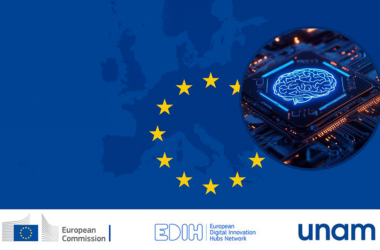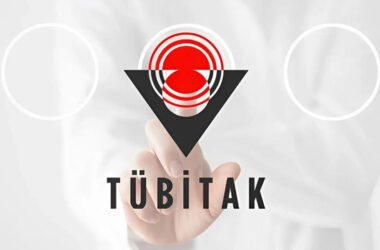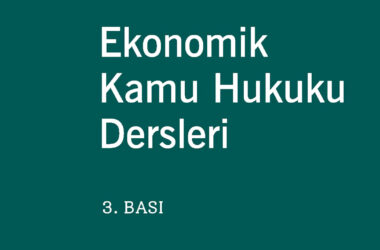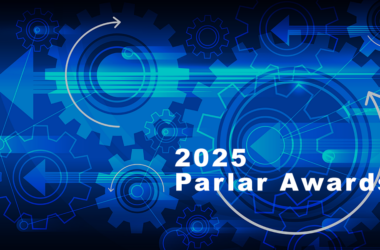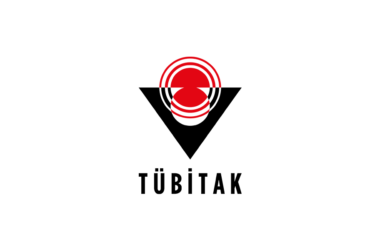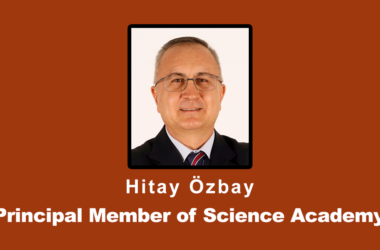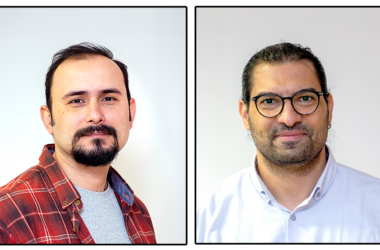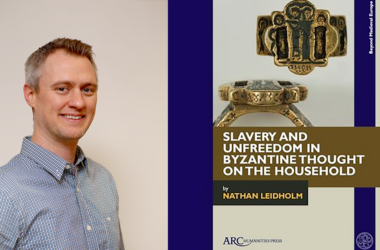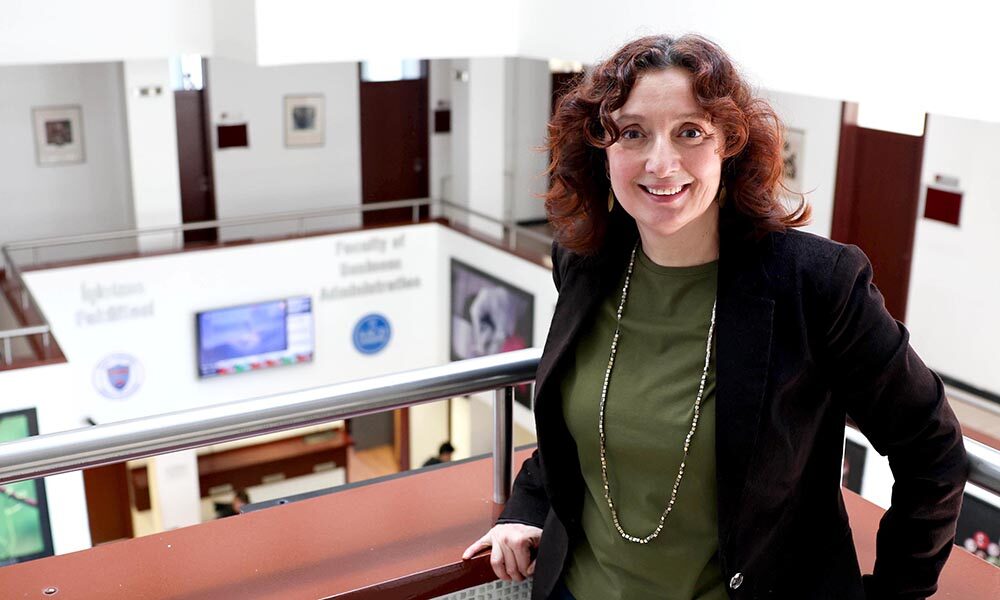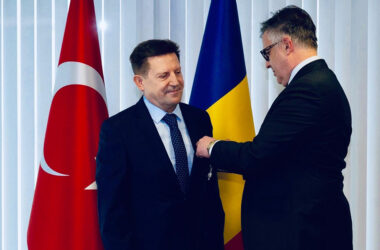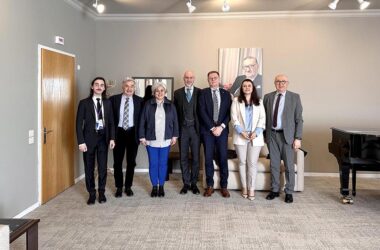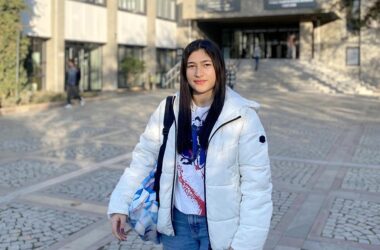su.uzuncagil@ug.bilkent.edu.tr
Başak Tanyeri Günsür is an associate professor of finance and Associate Dean at the Faculty of Business Administration. Her research focuses on M&A activity and financial crisis. Dr. Günsür explores firm and investor choices during turmoil. She holds a BA from METU and an MS and PhD from Boston College. Before joining Bilkent University, she worked at Southern Illinois University, Carbondale. Dr. Günsür visited MIT Golub Center for Finance and Policy as a Fulbright Scholar. She serves on the editorial board of the Global Finance Journal. She teaches courses in corporate finance, valuation and financial institutions. She has published research articles in journals such as the Journal of Financial and Quantitative Analysis, Journal of Corporate Finance, Journal of Financial Stability, Journal of Financial Services Research and Corporate Governance: An International Review. She is currently teaching MAN 495 (Business Capstone Project).
Why did you choose an academic career?
My dad is an academic, and I followed in his footsteps. Particularly during my undergraduate studies, I realized I loved to conduct research. I came to appreciate the flexibility that research afforded in working on topics of one’s own choice during internship. I first pursued an MS degree and, during the graduate program, decided that I wanted to become an academic.
What do you like the most about being at Bilkent? The people. What makes Bilkent unique is our wonderful students and colleagues. What projects are you working on currently?
I am currently working on two research agendas. One focuses on how gender stereotypes shape investors’ perceptions of male and female executives. I explore how gender stereotypes lead us to evaluate the investment decisions of females and males differently. The second research agenda focuses on trading in Borsa İstanbul and how it affects price formation.
What’s your best work?
I have a paper on how shocks in one financial market transmit into another. The paper focuses on the 2008 global crisis. We explore how trouble in the money market mutual funds industry affected investor choices. We investigate the domino effect of crisis and how crisis transmits from one market to another.
What excites you about your work? And what is the coolest thing about your work? What excites me is starting to work on a new topic. I read new papers and come up with research questions. I feel privileged to follow my curiosity.
What has been the most exciting moment of your career so far? Could you share a turning point or defining moment in your career?
Receiving my acceptance letter for my PhD studies at Boston College was a turning point. I was a research assistant at METU, and I had applied to many degree programs in finance graduate programs inthe US. When I received the acceptance letter, I knew I had embarked on my academic journey.
What’s one piece of information from your field that you think everyone should know?
Prof. Akerlof, who received a Nobel prize for this work, showed how information asymmetry about
product quality can lead to market breakdown. Prof. Akerlof demonstrates the importance of
information asymmetry in a market everybody knows, the second-hand car market. Let’s say you are
buying a car. On the one hand, the buyer cannot observe the quality of the car. On the other hand, the
seller who drove the vehicle can deduce quality. The market may break down if buyers and sellers
cannot credibly resolve the information asymmetry about quality (for example, by verifying with a
mechanic). Economic activity declines in the absence of institutions that allow quality differentiation.
Prof. Akerlof’s work laid out the importance of institutions to increase transparency and consumer
confidence, particularly in developing countries like Türkiye.
What’s the most common misconception about your work?
One frequent question I face from outside academia is around how many courses I teach. When I
respond, “Two courses,” the follow-up question is about the number of teaching hours. Long story short,
the perception that lecture hours are the only hours we work is very misleading. First, we spend more
time preparing for classes than during lecture hours. Second, a crucial part of our job is research; as
scholars, we spend the bulk of our time on research. Finally, we have administrative and service duties
that enable the university to run smoothly.
When and where do you do your best thinking?
I do my best thinking outside when I take a walk; my best ideas come to me then.
What distracts you?
Social Media.
What are you most curious about?
My work. What drives people to behave the way they do.
What do you like to do when you are not working?
I like to travel.
Which books have influenced you the most, and why?
“The Brave New World” by Aldous Huxley
If you weren’t an academic, what career would you choose?
I would write travel books.
What is the secret of leading a happy life?
Happiness for me is getting up in the morning and feeling excited about life and work.
If you could go back to your undergraduate/graduate student years, what advice would you give to your younger-self?
Be adventurous and enroll in more courses outside of your field of study. Pick up running earlier. If you had unlimited funds, what would you like to do research on? Inequality.
